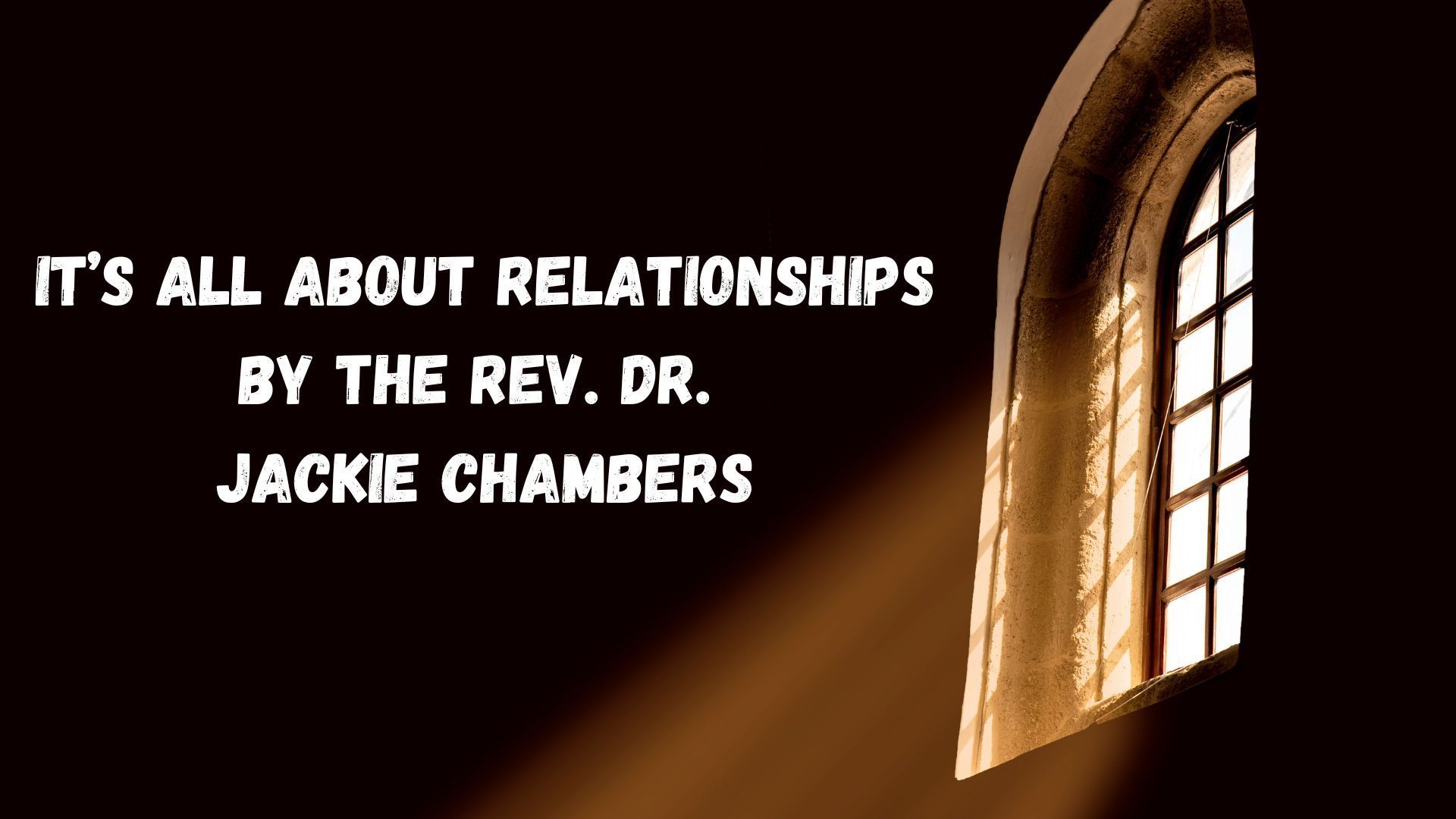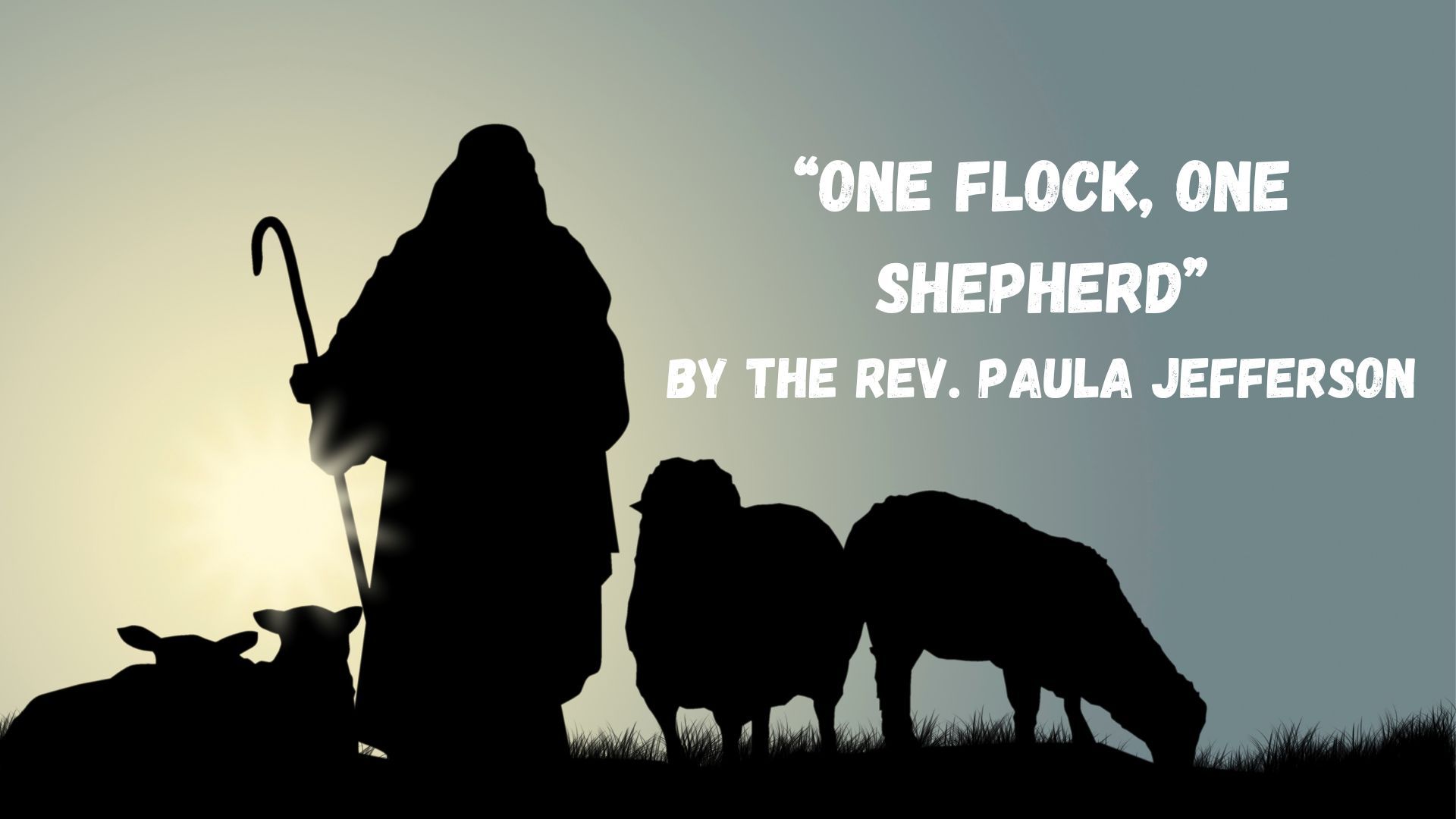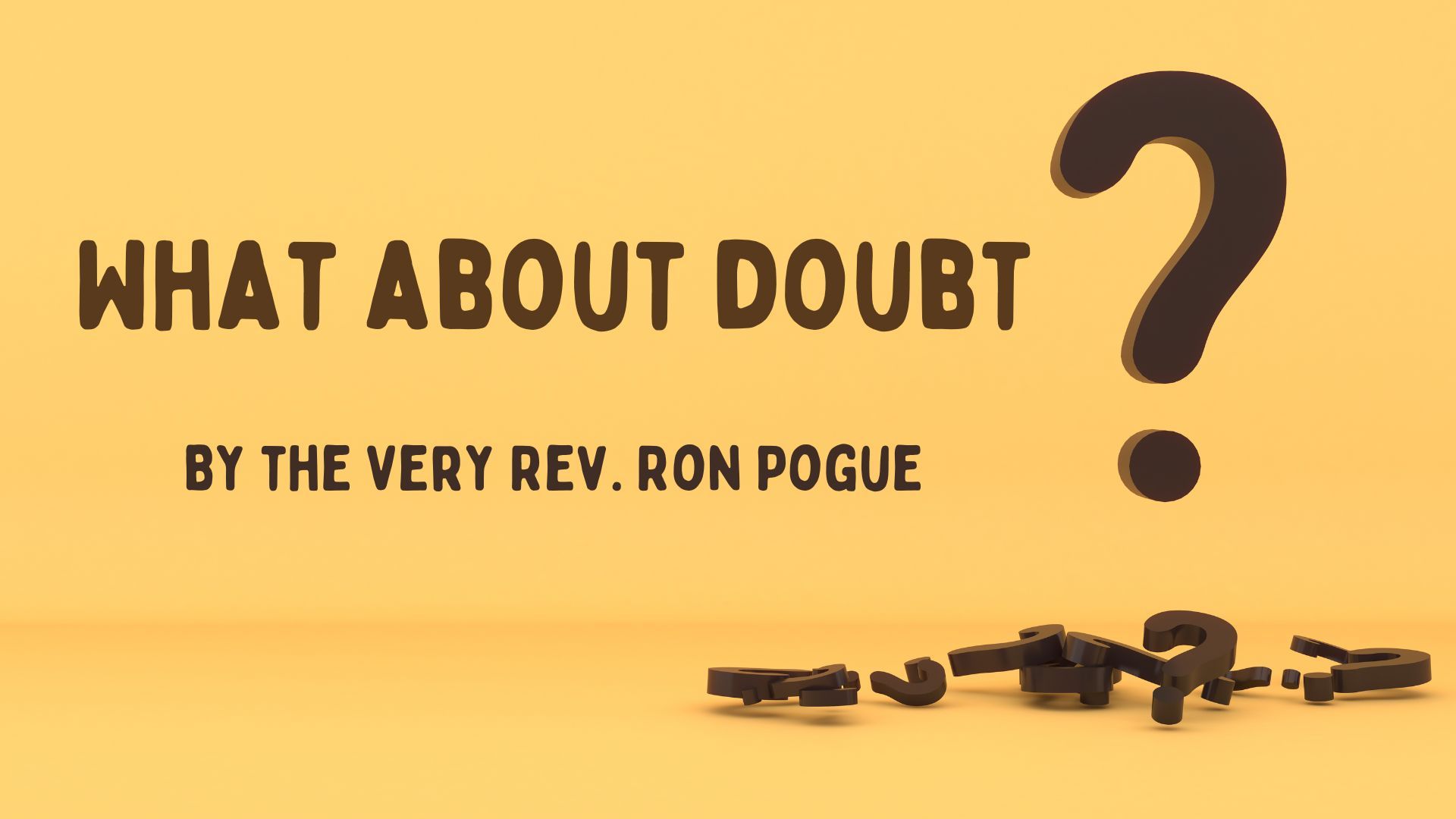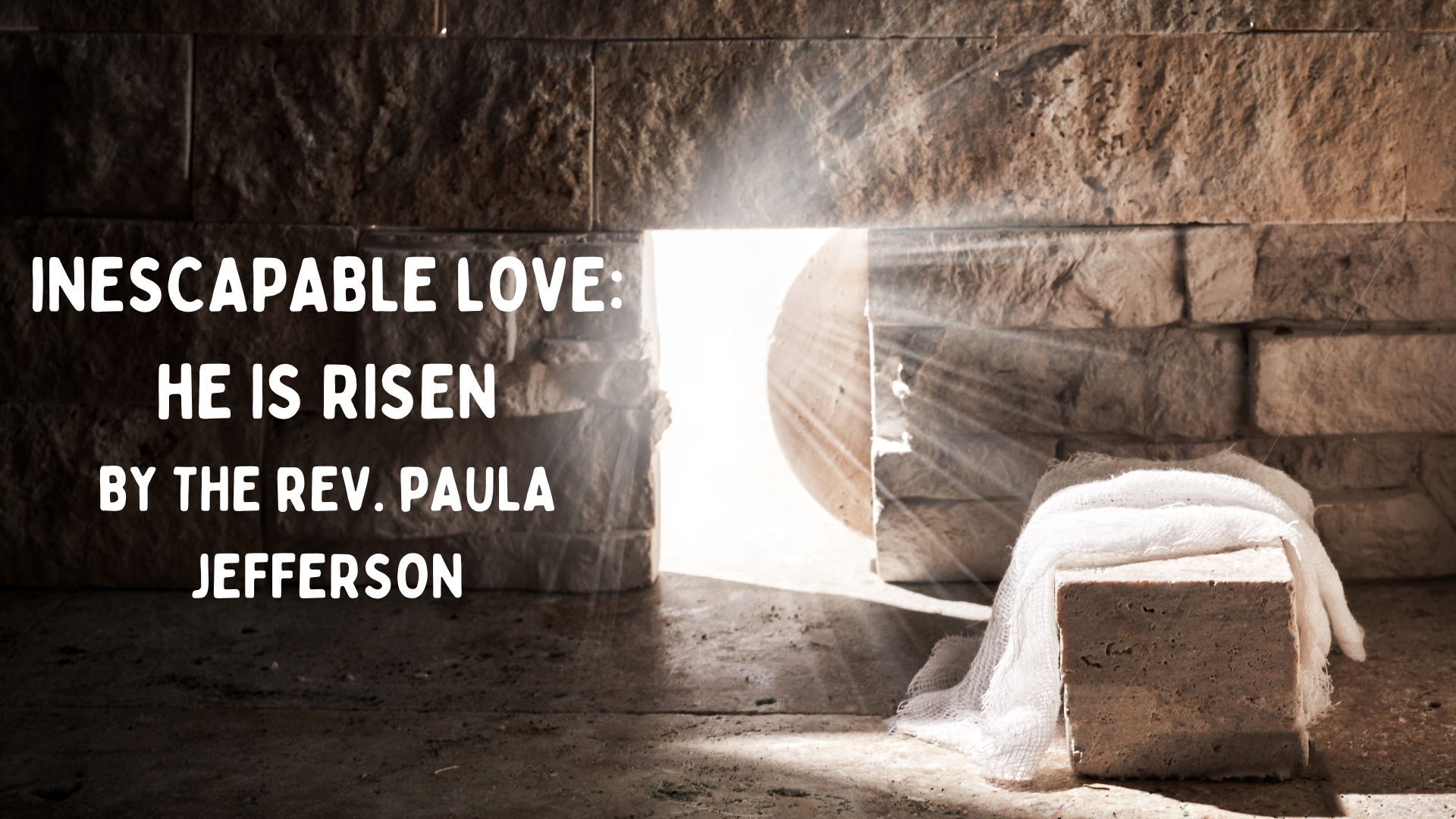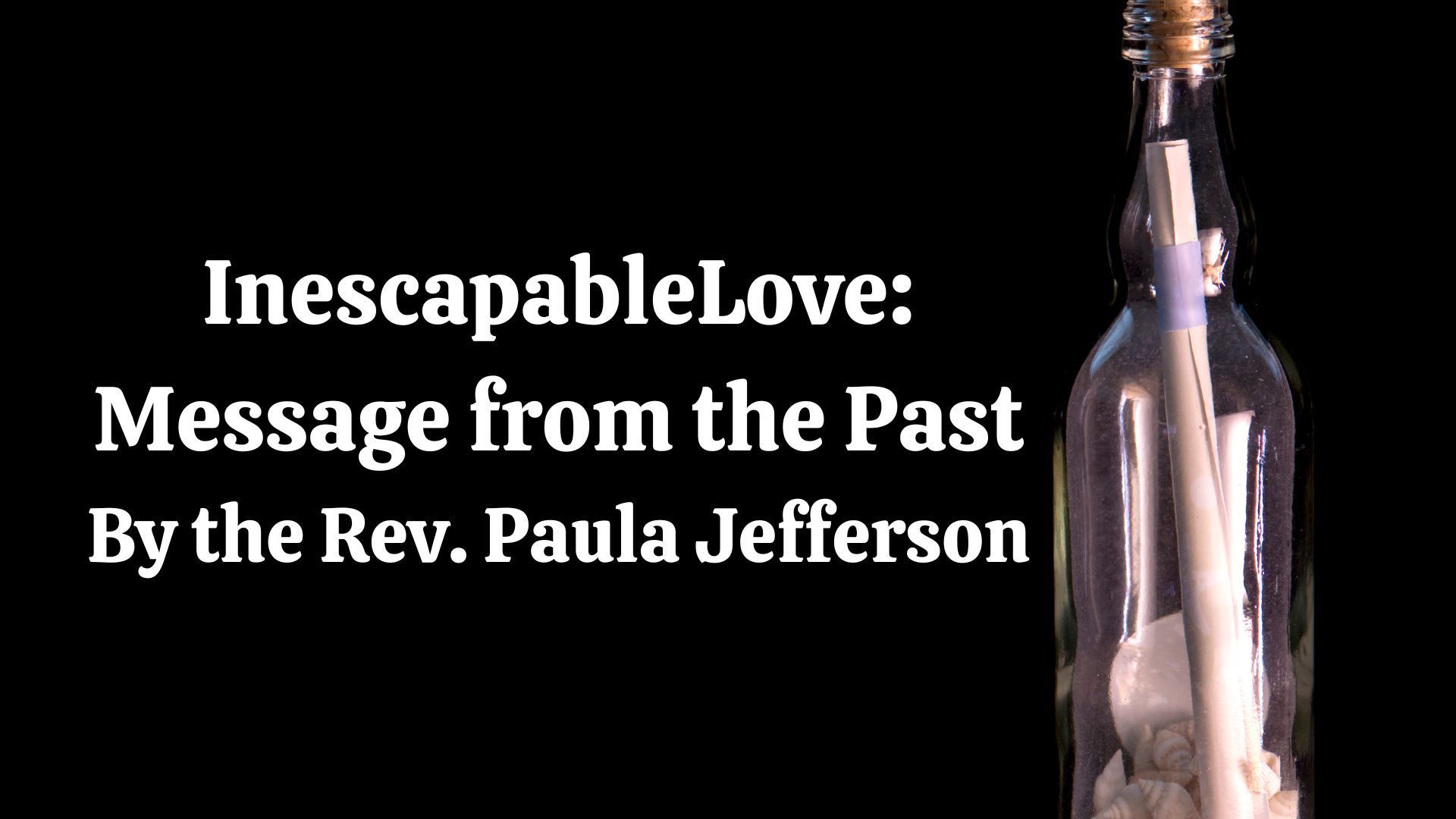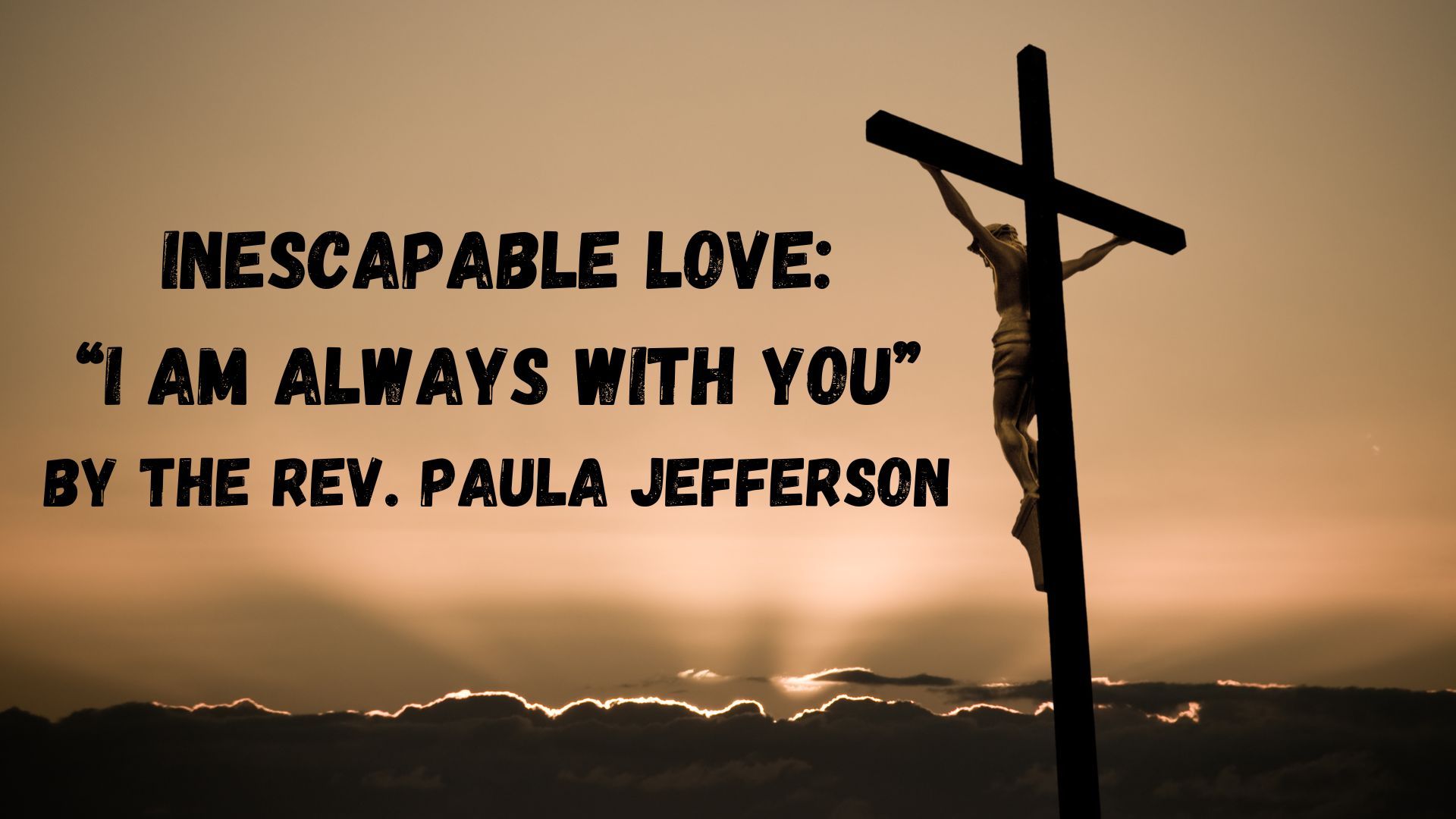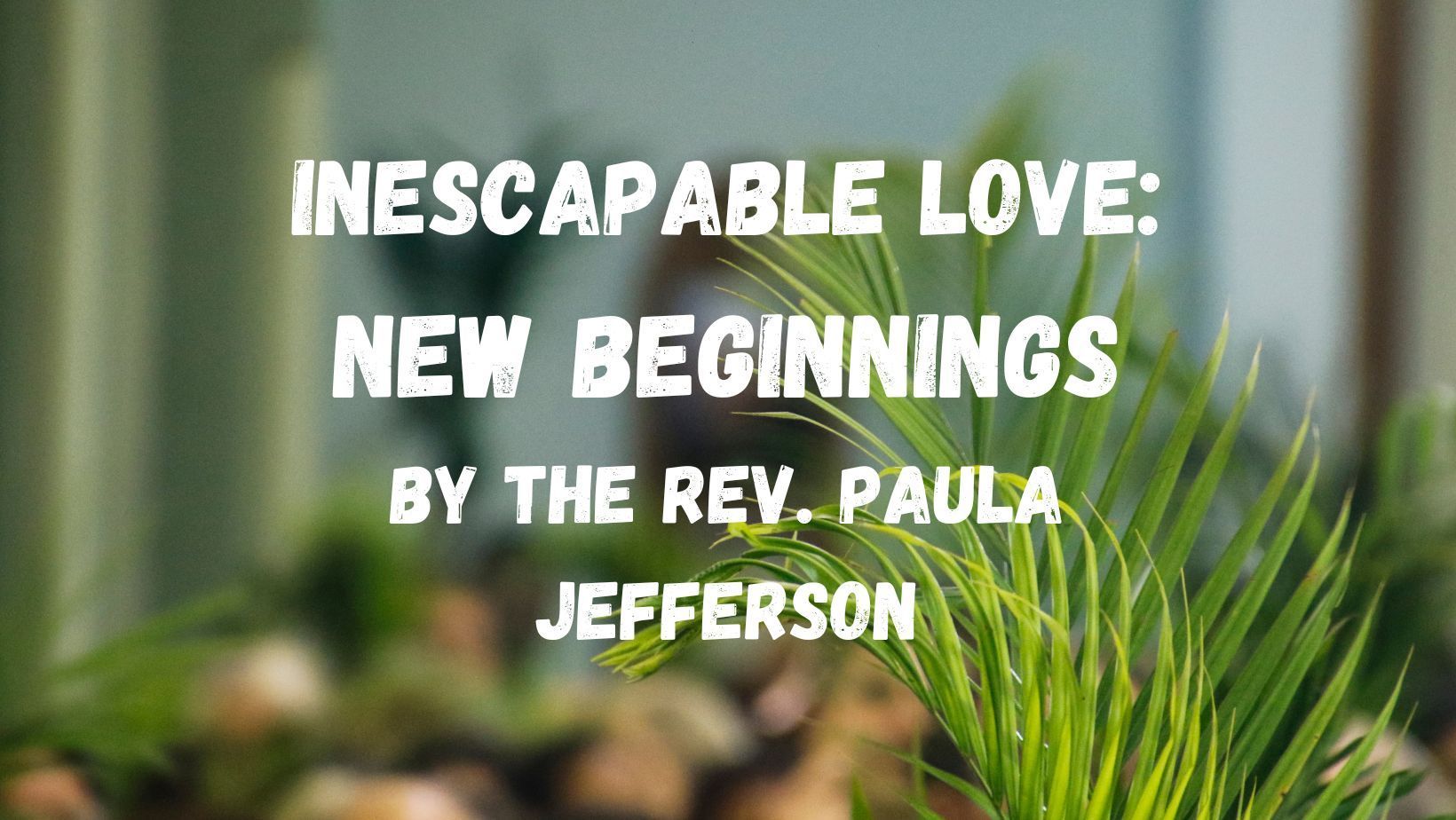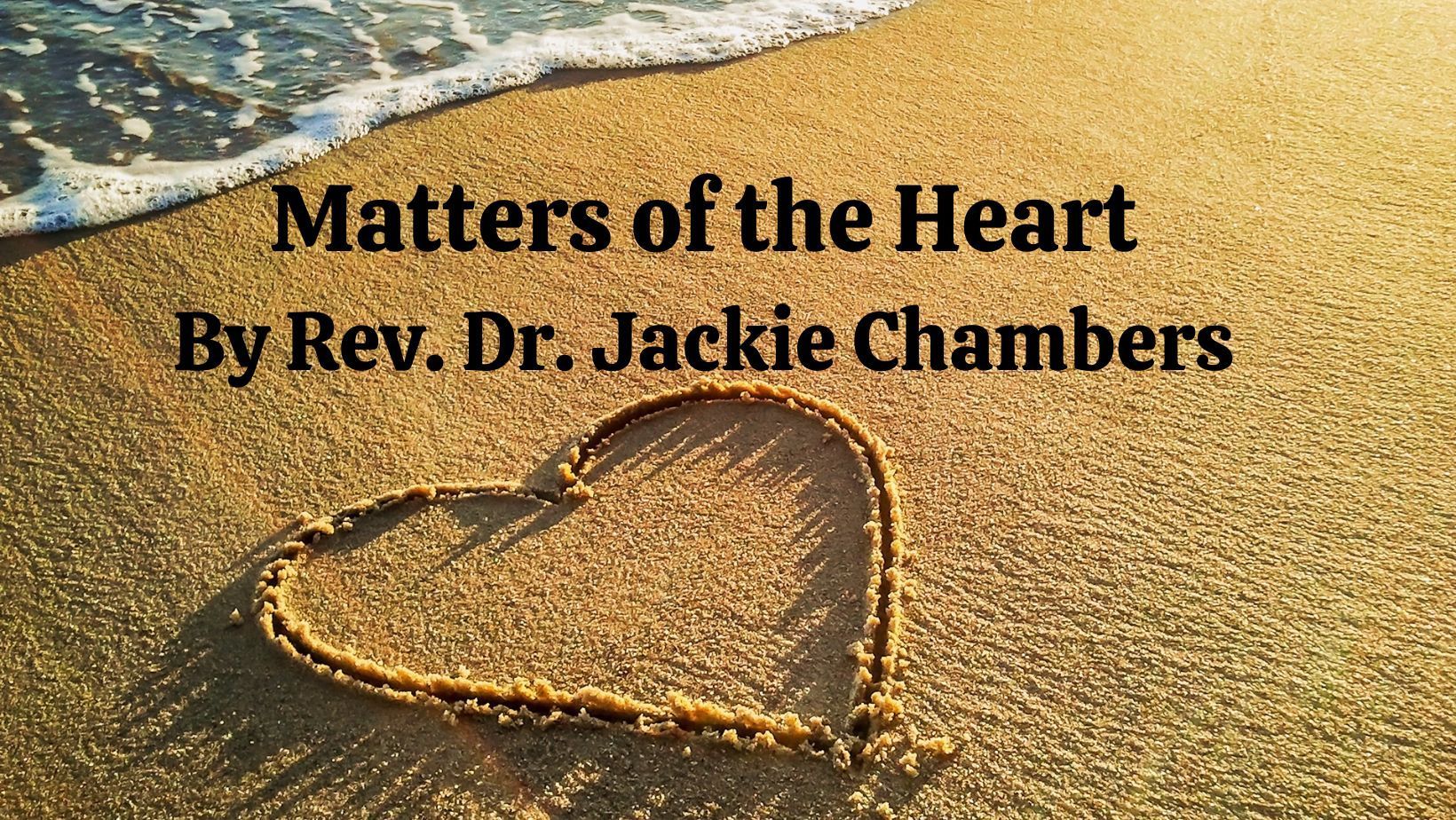Maundy Thursday, Good Friday, and the Great Vigil of Easter are one, connected liturgy. Tonight, this three-part liturgy begins. There will be no dismissal tonight or tomorrow because the liturgy does not end until the conclusion of the Great Vigil of Easter.
It’s like looking at a triptych—a piece of art with three panels. Maundy Thursday is the first panel.
On this panel, the featured elements are foot washing, the Garden of Gethsemane, Judas, Peter. And, because we’ve walked with Mary Magdalene throughout Lent, we’ll add her to the first panel, too. She is there, of course, but she is not mentioned in the text until tomorrow.
Through Mary Magdalene we learned that proximity—geographical and spiritual—is a central theme in John’s Gospel. Mary Magdalene was often at Jesus’ feet, listening and learning. In her time, close proximity—and learning from a teacher-- were unusual behaviors for an unmarried woman.
Nevertheless, she was that eager, intent student mesmerized by all that Jesus was teaching. Her faith allowed her to see Jesus fully. The proximity she shared with him was both geographical and spiritual.
In the Johannine community, spiritual proximity is a means of divine revelation. And tonight, Jesus will use spiritual proximity to leave us with one more sign (or manifestation) of his divinity.
The low-hanging fruit of the foot washing story is the humility Jesus demonstrates. Many books on servant leadership have used this story as an example of Jesus’ leadership style. But humility is not revelatory. It is not a manifestation of the Divine. For those who will be participating in our adult Sunday school class beginning next week, humility is an outward spiritual discipline borne of an inward spiritual discipline—the discipline of prayer.
Close readers of John’s Gospel will note that there are no words of Eucharistic institution in this gospel--Words like, “On the night before he was handed over to suffering and death, our Lord Jesus Christ took bread….”. The sacrament of Holy Eucharist comes from Matthew, Mark, and Luke. It is not included in this Gospel. Instead, the Johannine community uses proximity in its sacrament—foot washing.
What is a sacrament? It is an outward sign instituted by God to convey an inward or spiritual grace.
In the words of Eucharistic institution, we invite the Holy Spirit to consecrate the bread and wine—to make them holy…that they may be to us the body and blood of Christ.
In baptism, we use water from God’s creation to convey the sacrament of baptism—to be marked as Christ’s own forever.
In foot washing, Jesus will use water and proximity to convey his eternal, indelible love.
Early in the reading, the author said that “Jesus knew his hour had come to depart from this world and go to the Father. Having loved his own who were in the world, he loved them to the end”.
During supper, Jesus took off his outer robe and tied a towel around himself. He poured water into a basin and began to wash the disciples’ feet and to wipe them with the towel.
He knelt before Judas. He took the foot of this man with whom he had walked for three years—a man that had served as the treasurer of Jesus’ ministry—a man who thought Jesus had just plumb gone off the rails. And, so, Judas was going to take matters into his own hands. Jesus knew this.
And he washed the feet of his own sheep, who he loved to the end.
Jesus knelt before Peter. He interpreted Jesus’ action as one of humility. He did not understand the fullness of this moment—faith had not yet opened portal for Peter to see the divine sign as it was happening. Jesus knew this. And he washed the feet of his own sheep, who he loved to the end.
The love Jesus demonstrates this night is inescapable—Judas runs into the night to do the deed. He cannot outrun Jesus’ love. Peter will deny that he knows Jesus. Three times! His denial cannot impact Jesus’ love for him. God’s love is unconditional.
In a few moments, each of us will have the opportunity to participate in footwashing. As we kneel to wash the feet of another, we place ourselves in geographical proximity. It is faith that allows us to experience footwashing as something more than just an act of humility.
Faith allows us to see our participation in the Body of Christ. We are able to see Christ in the one whose feet we wash. And, maybe, we are able to see a bit of Christ’s love in our own participation.
Faith brings us into spiritual proximity with Christ…through the broken mess that every one of us is. No matter how badly we do this human relationship thing, foot washing reminds us that God’s love for us is unconditional and inescapable.
Amen.

St. Christopher's Episcopal Church
5709 Wedgwood Dr., Fort Worth, TX 76133
St. Christopher's is part of The Diocese of Texas, a diocese of The Episcopal Church.


